As the game clock winds down, with the score tied, the arena descends into an anticipatory hush. A lone player steps up to the free-throw line, where the game depends on the flick of a wrist. The crowd holds its collective breath, its pulse racing with anticipation over the ball’s uncertain fate. But alas, the ball takes an agonizing spin around the hoop and, with a heavy heart, bounces out, leaving the outcome hanging in the balance. This pivotal moment serves as a reflection of both a game-defining instance and the pursuit of respect within women’s sports. Achieving triumph, like that free throw, feels out of reach.
A prevailing argument suggests that lower interest, differences in skill, entertainment value, economic viability, traditional values and comparative achievement justify the underrepresentation and lack of investment in women’s sports. However, this viewpoint fails to account for the historical and systemic disadvantages that women’s sports face. This perspective overlooks the potential for growth and equity that increased opportunities, coverage and investment can provide to women’s sports. By addressing these disparities, society can work toward creating an equitable and inclusive sports landscape that benefits everyone.
Traditional values can perpetuate gender biases and stereotypes in the sports industry, reinforcing historical disparities. By maintaining the status quo, society risks stifling the potential for growth and equality in women’s sports. Embracing change and challenging traditional norms can pave the way for an inclusive and diverse sports environment that caters to a broader audience. Ignoring these systemic biases carries on the cycle of inequality, whereas confronting them head-on opens the door to endless opportunities.
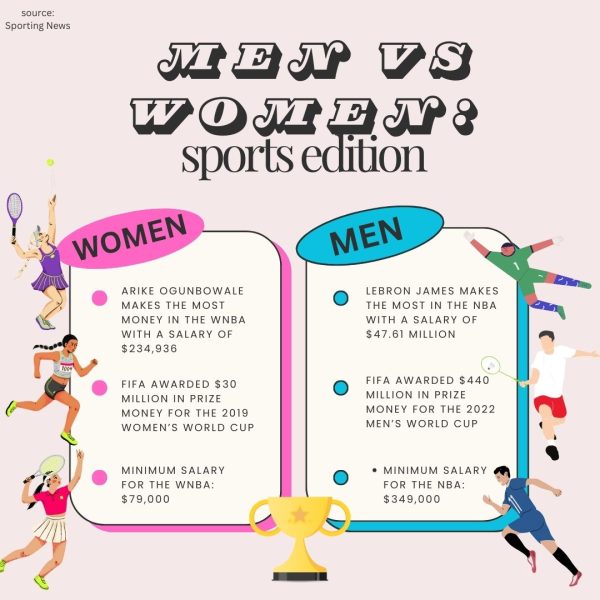
The rampant sexualization that permeates the core of women’s athletic achievements represents a glaring facet of the disrespect female athletes endure. Astonishingly, despite women making up 40% of professional athletes, sports media content features women in only 4% of stories. Rather than honoring their exceptional skills and accomplishments, media outlets frequently choose to highlight women’s bodies, providing precedence to objectification over on-field abilities. In the Sports Illustrated swimsuit edition, esteemed female athletes like Megan Rapinoe, Lindsey Vonn and Simone Biles appear in provocative poses, showcasing not only athletic abilities but also physical attributes. This decision to prioritize their appearance over their illustrious careers undermines the core of their hard-earned victories.
“Honestly, I feel like we are a walking protest. The fact that we’re women professional athletes says that in and out itself. We’ve been feeling the inequality; we’ve been struggling with pay equality, or whatever it is, or sexualism in sports,” Rapinoe said.
Women’s National Basketball Association (WNBA) stars such as A’ja Wilson, Brittney Griner, Liz Cambage and Skylar Diggins-Smith have voiced their concerns about the wage disparity when compared to their male National Basketball Association (NBA) counterparts. These female athletes do not demand multimillion-dollar contracts like those in the NBA but instead advocate for equality. In the NBA, players receive between 49% and 51% of the league’s revenue, while WNBA players, despite their remarkable skills, take home a maximum of just 22.8%. The stark contrast in earnings paints a portrait of persisting prejudice, where female athletes’ contributions remain undervalued and underpaid.
“Women are definitely treated unequally in sports. First of all, they get shorter salaries compared to the salaries men get. Some people also think women are weaker in sports when in reality women are not. I feel like men’s sports also get a lot more recognition than women’s sports too,” senior Eliana Mbadinga said.
Not only does a shortage of coverage for female athletes exist, but the quality of this coverage also notably lags when compared to men’s sports. According to GWI Sports, a staggering 69% of men express a preference for men’s-only sports, while 72% of women favor co-ed tournaments. However, there remains a significant lack of enthusiasm for women’s-only sports, transcending gender lines. A multitude of factors, including limited opportunities, safety concerns, social stigma and the unrealistic body standards imposed, contribute to this disparity.
Looking ahead, recognizing that female athletes advocate for their own rights and empower future generations of women remains crucial. By tackling these disparities head-on, society can work toward leveling the playing field and creating a sports arena where fairness and inclusivity take the lead. In this ongoing game for gender equality in sports, society must ensure that women obtain a fair shot at the championship, not just a spot on the sidelines.








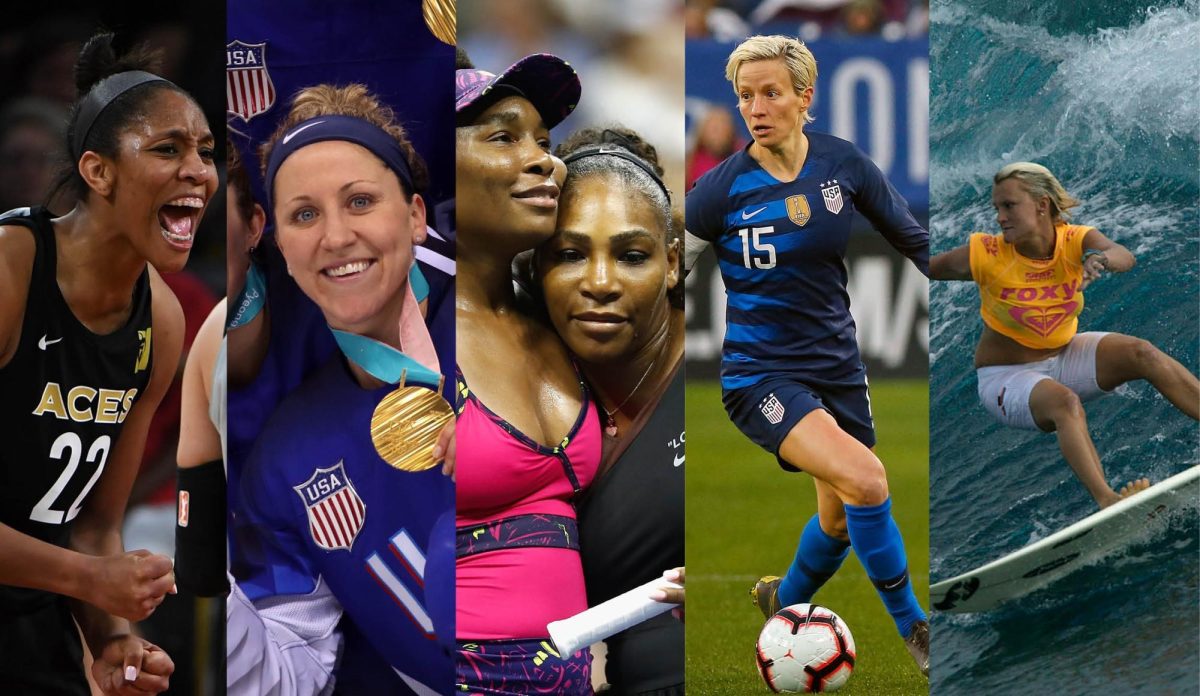
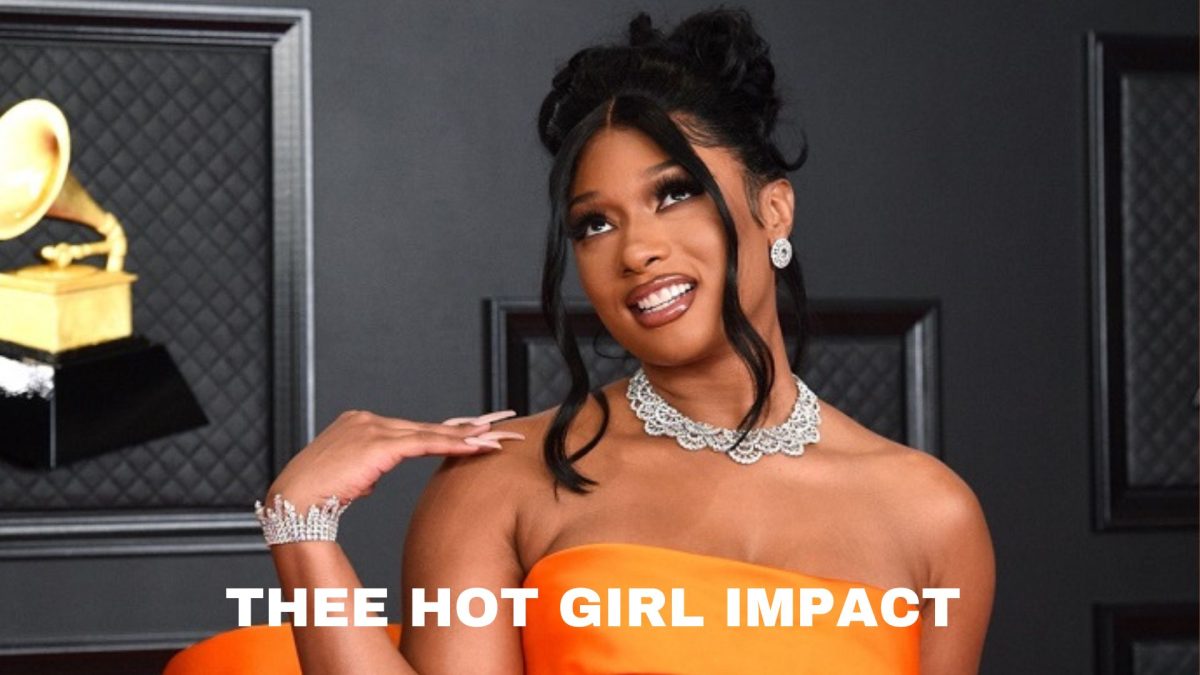
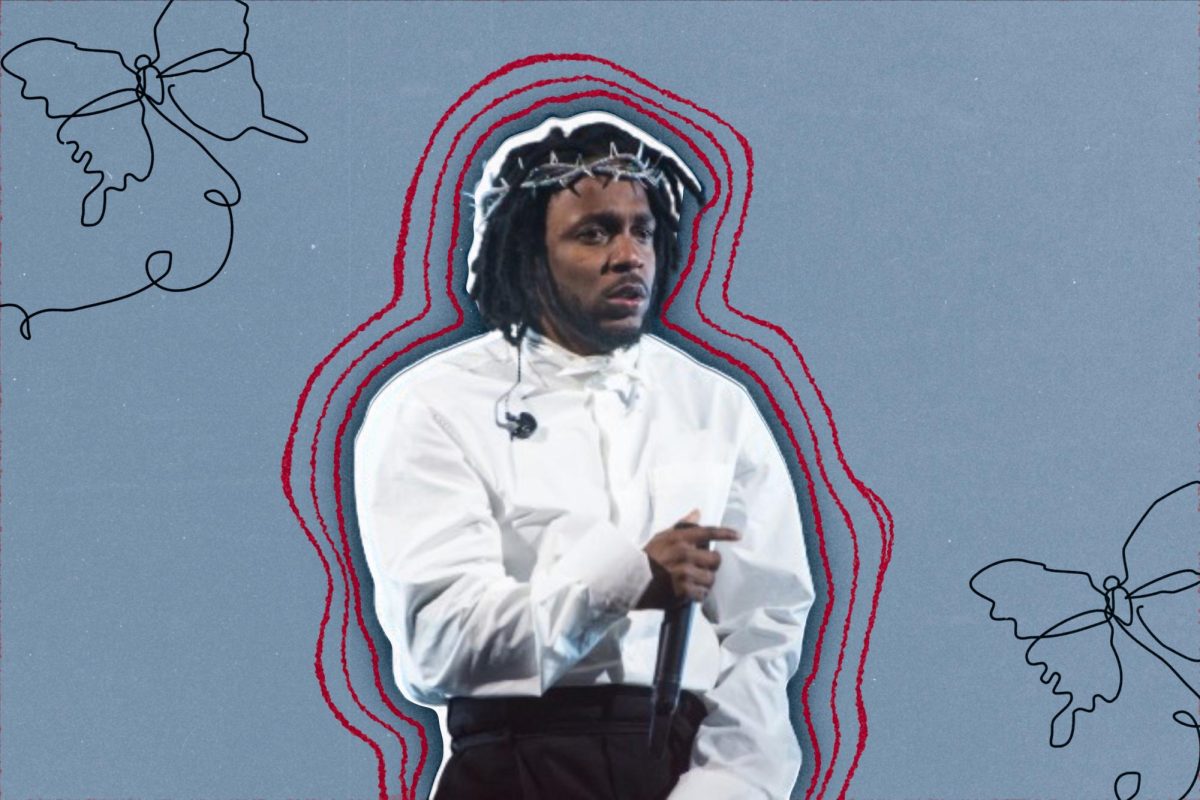

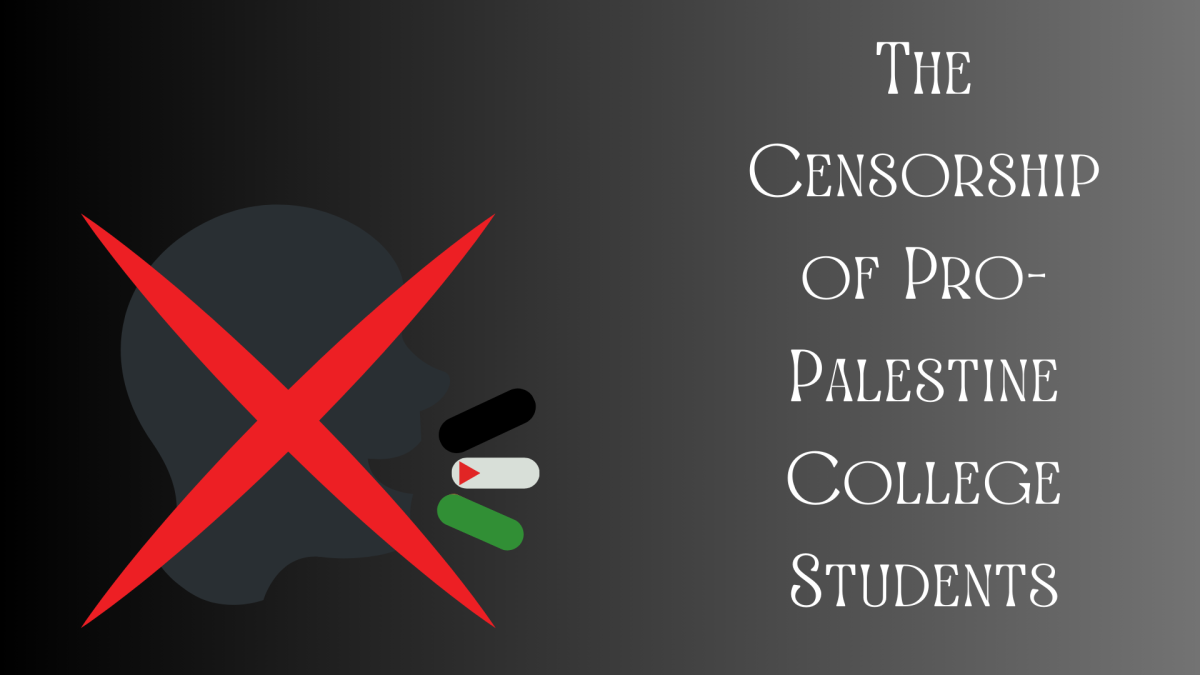


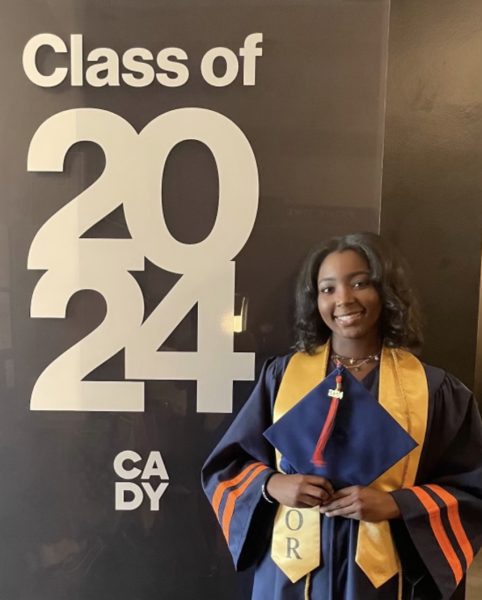
Victòria Annette • Nov 6, 2023 at 12:48 PM
YES! I agree 100%. # more women in sports